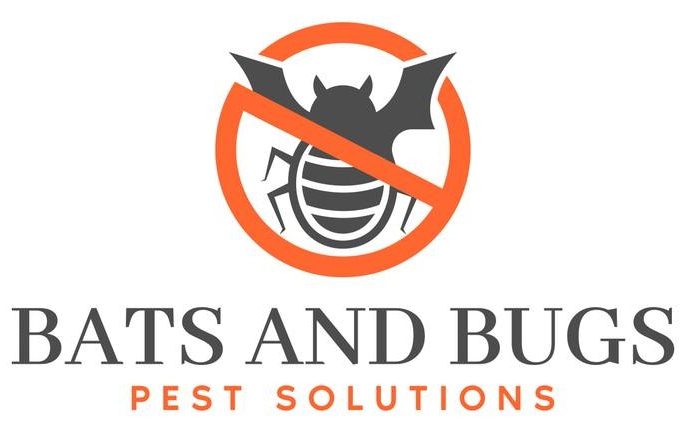Bat Encounters and Rabies Risk: What you need to know
Increase in incidents:
As summer comes to a close and fall approaches, bat encounters in homes tend to increase, especially in Iowa. If you have a bat enter your home, you do need to be extra careful not to come into contact with it. The Iowa Department of Health and Human Services (HHS) is reminding residents to be aware of the potential rabies risk that comes with these encounters. Bats can carry rabies, and even a brief encounter, such as being in the same room with a bat, can put you at risk, particularly if you are unsure whether you’ve been bitten (this is particularly a concern for young children or people who are asleep).
Avoid being in a room with a bat
We know this is likely common sense, and sometimes you may not realize you are in a room with a bat; however, if you notice one, quietly get up, and if able, shut all doors and put a towel underneath the door, as bats can crawl out. We are available for emergency calls, or if there are multiple bats in your home. We’ve heard of instances where individuals try to catch the bat on their own and in being frightened by the bats chirping and flying they’ve come into contact with it and then aren’t sure if they were bit or not.
So, what should you do if you’ve had a bat encounter? Here’s a breakdown of key steps and guidelines:
What to Do After a Bat Encounter:
- Capture the Bat Safely – If there’s any chance that you or someone in your household has been exposed, the bat should be captured for testing. It’s essential to handle the bat without damaging its head, as the brain is needed for rabies testing. Here are some tips:
- Be cautious if the bat appears dead, as it may only be stunned.
- Avoid crushing the skull, as this may make the bat unusable for testing.
- If the bat is alive, use a hard-sided container to prevent bites.
- Testing Locations – In Iowa, there are two primary laboratories that perform rabies testing:
If the bat tests negative, no post-exposure treatment is required. If you need assistance capturing or handling a bat, Bats and Bugs Pest Control is happy to assist with capturing a bat if it is flying around your home. Alternatively, you can deliver the bat directly to SHL, (state Hygienic Laboratory listed above) where it will be euthanized and tested at no cost.
Post-Exposure Prophylaxis (PEP): When and How It’s Administered
If you or someone in your household has been exposed to rabies, it’s important to start post-exposure prophylaxis (PEP) as soon as possible. For individuals who have never been vaccinated for rabies, PEP involves receiving both human rabies immune globulin (HRIG) and a rabies vaccine. Here’s what the treatment timeline looks like:
- Day Zero: HRIG and the first dose of rabies vaccine.
- Days 3, 7, and 14: Additional vaccine doses.
- Day 28: An extra dose for immunocompromised individuals, followed by a titer check to ensure effectiveness.
For individuals who have previously been vaccinated, PEP involves only receiving a vaccine on days zero and 3—no HRIG is necessary.
Important note: Rabies has a variable incubation period that can last anywhere from a few weeks to several years. This means it’s never too late to receive PEP if exposure occurred—even months or years after the fact.
Rabies Exposure: What You Need to Know
A common misconception is that too much time can pass after exposure for PEP to be effective. In reality, the timing of PEP is less important than ensuring it is administered before symptoms appear. The incubation period for rabies is unpredictable, so anyone who has been potentially exposed should seek medical advice immediately, even if the encounter happened a long time ago.
Closing
If you would like to know more Iowa Department of Health and Human Services is an excellent resource, and they are available for consultation 24/7 for any potential rabies exposure. If you need assistance or guidance, you can contact CADE (Center for Acute Disease Epidemiology) at the following numbers:
- During business hours: 515-242-5935
- Outside of business hours: 515-323-4360
For more information on rabies, including detailed guidelines for both the public and healthcare providers, visit hhs.iowa.gov/rabies-information.
Do you think you hear something in the attic or in your walls?
If scratching noises are keeping you up at night, or if you hear chattering in your attic, contact Bats and Bugs Pest Solutions for a free quote. We’ll confirm if there is a problem and provide guidance to help with the potential removal of bats and exclusion to keep them from coming back, including a yearly warranty coverage plan.

